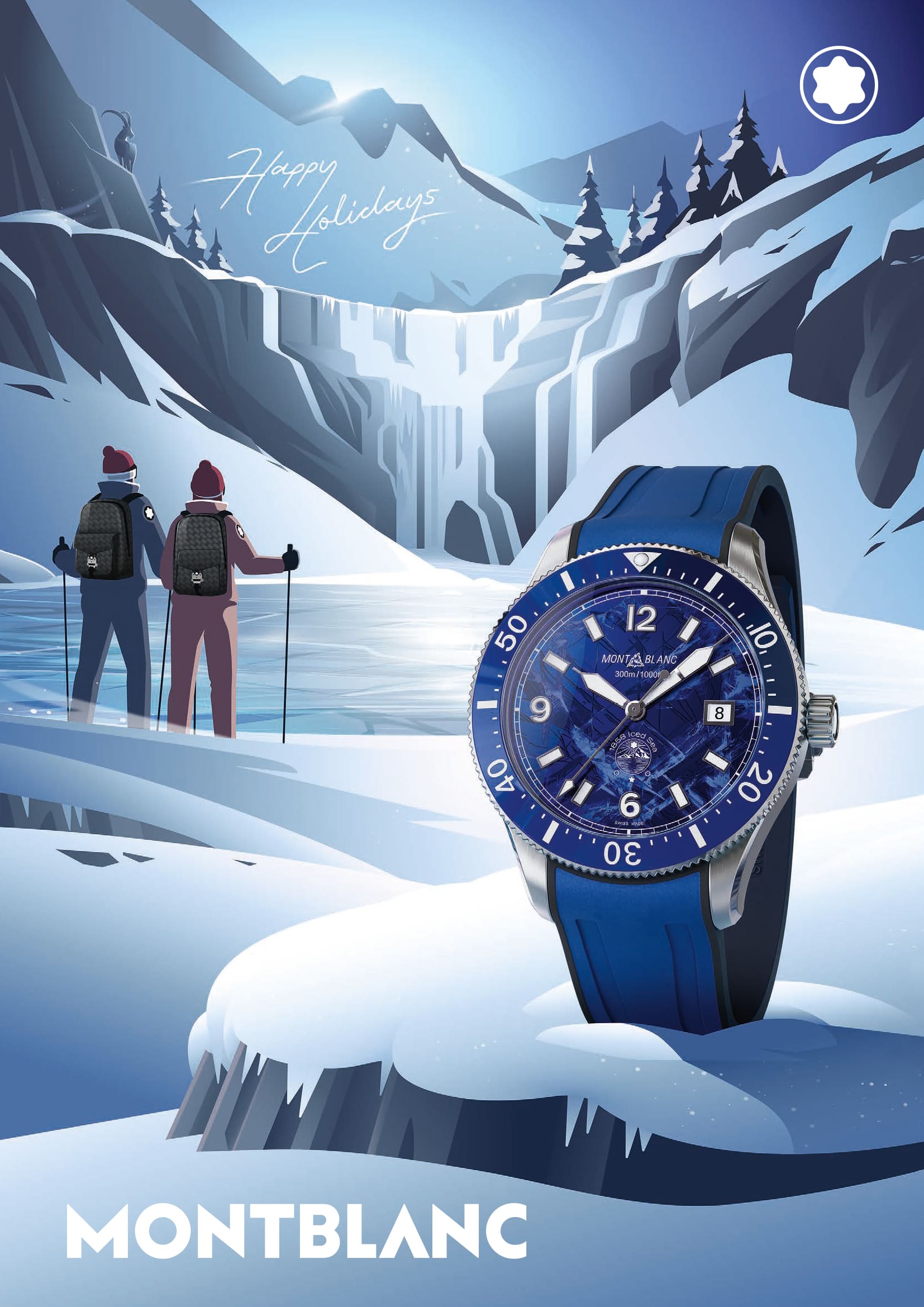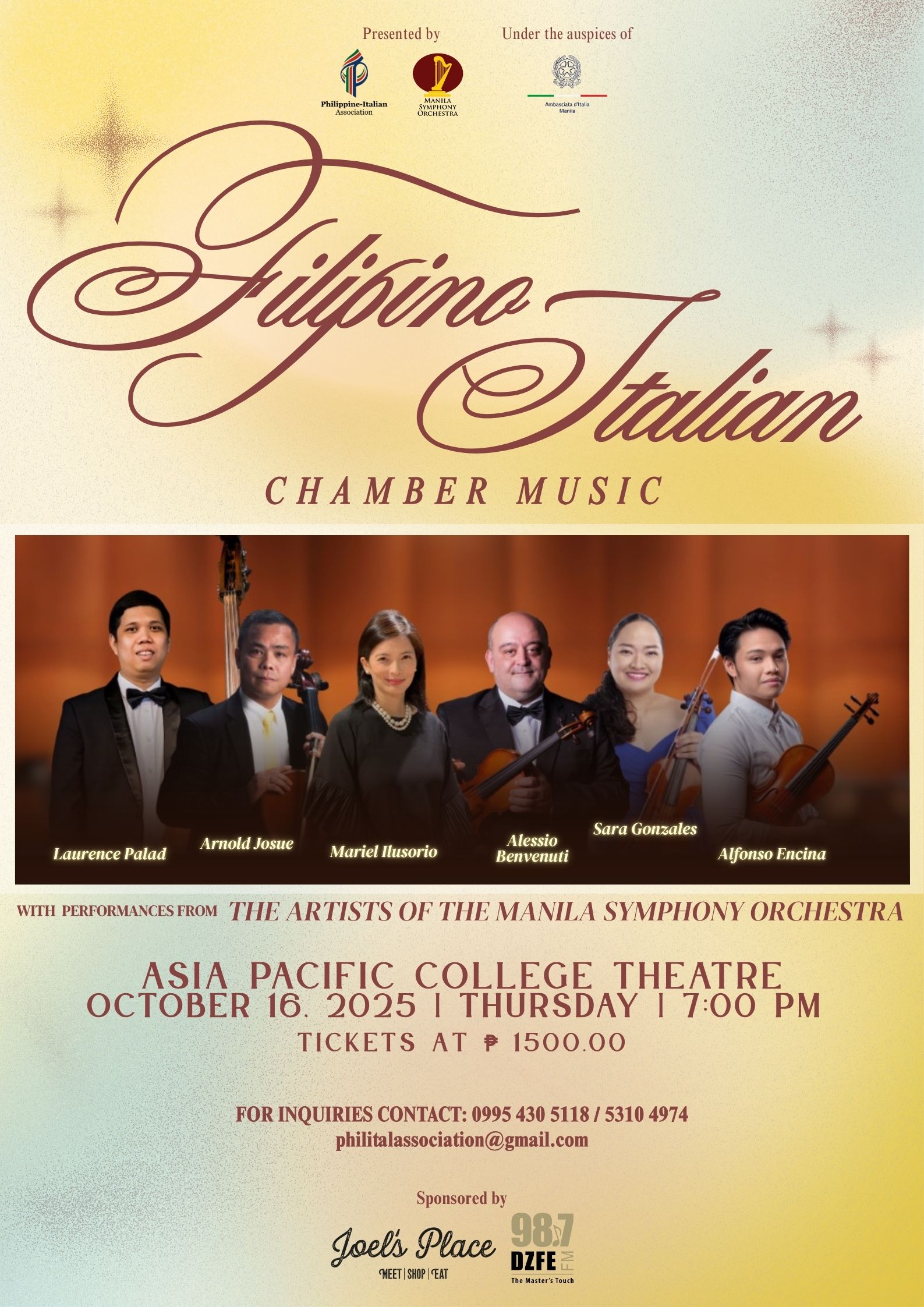A glimpse back at the eventful year, and the many questions its events have rung in for the coming ones
Christmas and the holiday season have a magical way of inspiring unity across the globe in the spirit of spreading cheer. But after the trees and the glittery, glitzy décor are put away, the world will be facing a number of questions once 2017 rolls around.
In the US, the popular rhetoric fed to outsiders following the recent presidential elections was that the global superpower’s citizens have never been more divided. While some may question the emotion and propaganda behind such a narrative, there is undoubtedly some truth to the issue of divisiveness brought about by the making the phrase “President-elect Donald Trump” a real thing.
In the Philippines, a similar divisive cloud was cast when President Rodrigo Duterte was elected into power. Much of it has stemmed from the number of lives taken by Duterte’s “war on drugs,” which, depending on your preferred news source, have reached a number as high as 6,095 as of Dec. 14—not even six months since the former Davao City mayor was sworn in as President.
The Philippines, which has been suffering from a deep-seated culture of corruption and political impunity for decades, has been plagued by a number of issues that have plummeted its citizens’ overall quality of life. Basic services still doesn’t seem basic at all; traffic in its major metropolises are at an all-time worst; and politicking, as opposed to actual public service, is still the prevailing code of misconduct embedded in most government officials.
As the war on drugs’ death toll continues to rise, and as Duterte’s schizophrenic comments continue to give fodder to the media and public opinion, the issue of “extrajudicial killings” will continue to dominate the country’s discourse. But, be it directly or indirectly resulting from having perhaps the most impassioned Philippine President in recent history, decisions and developments in other key issues will be shaping Philippine life far beyond the “drug problem.”
South China Sea
Last week, reports surfaced that China appeared to have installed weapons on all artificial islands it has made in the South China Sea (West Philippine Sea, if that’s the way you roll). Asia Maritime Transparency Initiative at the Center for Strategic and International Studies released satellite imagery that appears to show weapons like antiaircraft and antimissile systems present in the islands.
Shortly after, a separate report said that the US is ready to confront China for its “overreaching maritime claims” in the disputed waters.
Initially, Duterte’s poker play between the US and China momentarily appeared to ease the rising tensions – bringing home economic pledges from a highly publicized trip to Beijing, while also having Filipino fishermen allowed back to practice their trade at Panatag Shoal. It appears, though, that with the Trump regime set to kick off, the situation could take a hostile turn.
US relations
Another issue that marked 2016 was Duterte’s rhetoric when it came to its longtime ally. The curse words and insults stemming from US officials voicing concerns on his war on drugs have been well documented. And now, the repercussions have become more tangible.
Last week, word came out that the US did not include the Philippines in its list of country’s eligible to receive a new Millennium Challenge Corp. (MCC) Grant, citing “significant concerns over the rule of law and civil liberties in the Philippines.”
The US setup the MCC. aimed at promoting economic growth as well as reducing poverty across the globe. The previous five-year grant received by the Philippines was word US$433.9 million. It expired May of this year.
“MCC will continue to monitor unfolding events in the Philippines and underscores that all country partners are expected to maintain eligibility, which includes not just a passing scorecard but also a demonstrated commitment to the rule of law, due process and respect of human rights,” US embassy spokesperson Molly Koscina said in a released statement.
Quick-trigger Congress
But Duterte is not completely all about eradicating drug personalities, as other initiatives such as the tax reform, the passing of the death penalty bill, and the push for “emergency powers” to solve the traffic crisis have also come under his watch.
This Congress has been uncharacteristically speedy with its resolutions, rapidly approving bills like the proposed “Death Penalty Law” and House Bill 4144—which restores a multi-tier tax system for tobacco products.
It’s still unclear exactly what the executive branch will do to the traffic emergency powers it has been asking for.
These are interesting times in the Philippines, whose citizens’ disenfranchisement from the rule of traditional politicians has led to it surrendering power to an unorthodox leader who will be shaping the country’s foreseeable future. As the kids these days are wont to say – “What a time to be alive.”
By TIMOTHY JAY IBAY
What's On E
2016 – What a time to be alive
Published on December 22, 2016
This post was last updated on March 26th, 2020 at 03:07 pm







